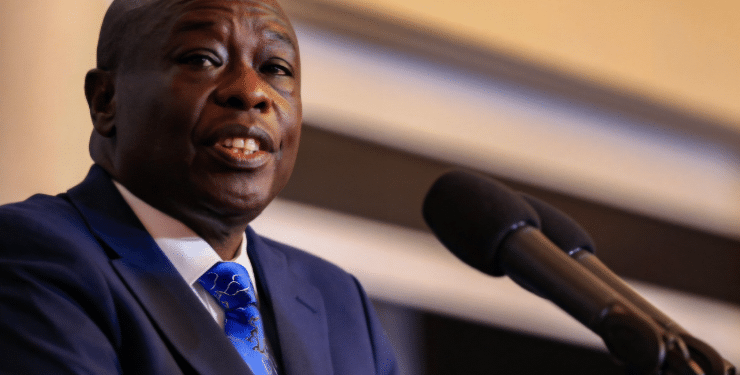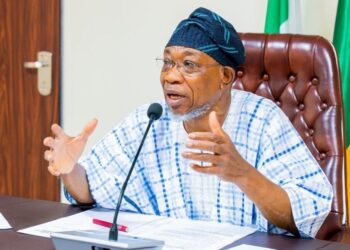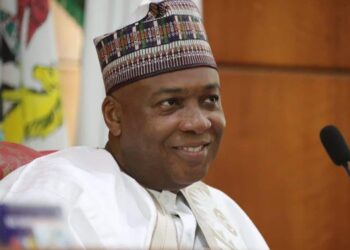Kenya’s Deputy President, Rigathi Gachagua, has been sacked from office after he was impeached in a historic vote in the country’s Senate on Thursday night, despite being absent at the hearing.
Gachagua faced 11 charges including insubordination to the president, inciting ethnic violence, corruption, undermining government and money laundering, among others, he however denied the charges against him describing them as being politically motivated.
The Senate found him guilty of five charges out of the 11 set against him, five counts of “gross violation” of the constitution including practising ethically divisive politics and threatening judges. He was, however, cleared of six charges, including corruption. on Thursday after the end of a two-day Senate trial hearing during which the now-former deputy president and the National Assembly both argued their cases.
The 59-year-old Rigathi Gachagua becomes the first deputy president to be removed from office in this way since impeachment was introduced in Kenya’s 2010 constitution.
On Thursday, Gachagua was expected to appear in the Senate as a witness but did not show up. His lawyers said he fell ill with “intense chest pains” and was taken to hospital. Despite his absence, senators voted to proceed with the impeachment hearing, forcing his lawyers to withdraw from the process.
Gachagua, a multimillionaire from central Kenya, helped President Ruto secure critical votes from the region – where he wields significant influence among the Kikuyu, Kenya’s largest tribe to which the ousted vice president belongs. That support in turn helped Ruto win the national election two years ago.
However, the two have since fallen out, with Gachagua complaining of being sidelined by the president and being kept in the dark about important events.
Gachagua has faced accusations from critics that he supported the youth-led anti-government protests in June and July, which ended in the president withdrawing a controversial plan to raise taxes. This further exposed the rift between the two.
In June, Rigathi Gachagua also blamed the director-general of the National Intelligence Service for not adequately briefing Ruto on the severity of the protests. After those comments, parliamentarians critical of Gachagua accused him of undermining the state security services, and therefore the president, which only increased tensions.
He had previously served as a member of parliament, and was elected into office to serve alongside President Ruto in August 2022. The two defied the odds to win the election, but their relations have since sputtered, even as Ruto has warmed to opposition leader Raila Odinga, his main rival in the elections.












